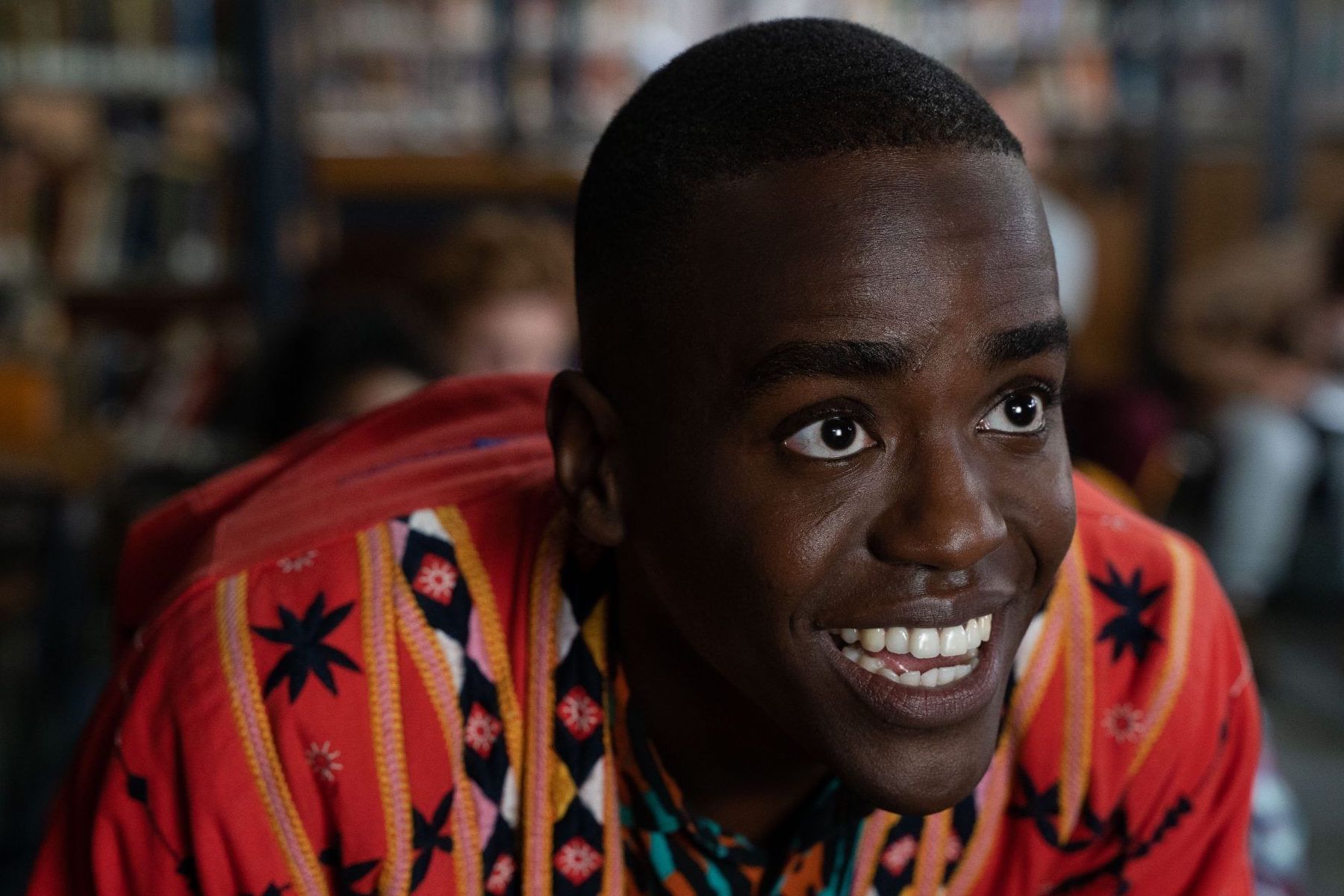Black trans and gender-nonconforming people face some of the highest levels of discrimination within the trans community. As the Human Rights Campaign documents, in 2019 alone, at least 25 transgender or gender-nonconforming people were fatally shot or killed by other violent means. 91% were Black women.
The targeting of Black transgender and gender-nonconforming people is an epidemic; however, it’s anything but new. Discrimination against Black bodies has been a recurring injustice since the days of colonialism. In the last seven years alone, an average of at least 22 transgender and gender-nonconforming people have been victims of fatal violence per year.
Yet, where is the coverage of the assaults against Black transgender and gender-nonconforming bodies? Why are we not talking about the atrocities that Black transgender and gender-nonconforming people face? Why does our media, our television, our film and our government not bring this issue to the limelight and confront it head-on?
Transgender Representation in Film
Along with creating and implementing a Black transgender and gender nonconforming literary canon, it’s important to start incorporating the plight of these communities onto screens — and for their portrayals to be accurate. As GLAAD catalogs, in the 102 TV episodes released since 2002 containing transgender characters, 54% were categorized as consisting of negative representations, 35% were classified as ranging from “problematic” to “good,” while only 12% were rated as groundbreaking, fair and accurate enough to earn a GLAAD Media Award nomination.
Notably, the comedy series “Sex Education,” along with a mere nine other comedic series, was nominated for a GLAAD Media Award.
“Sex Education” and Eric Effiong
“Sex Education” is a show that uses the lens of high school to relish in the awkward parts of developing one’s sexuality. The Netflix series addresses many underserved topics, such as the lack of an appropriate level of sex education in high schools across the world, masturbation, the importance of sex therapy and erectile dysfunction related to PTSD, while also championing LGBTQIA+ characters.
Viewers are drawn into the plot through the two main characters: best friends Eric Effiong and Otis Milburn. Otis is awkward and introverted, which is juxtaposed with Eric’s extraverted exuberance, and although some might consider Otis the protagonist, Eric is the reason viewers come back — he quite literally steals the show.
Eric Effiong is a social, exuberant, Nigerian gay man who rejects stereotypical gender norms. “Sex Education” refuses to perpetuate the closeted, fearful gay teen; instead, the show champions a confident homosexual, a confident queer and a confident gender-nonconforming crossdresser who came out to his family when he was 13.
Eric is proud to have given exactly two and a half hand jobs over the summer. He screens his favorite gay porn scenes to a quirky, alien-erotica writer and he even hosts an informative sex workshop involving a banana at a house party. Eric dresses in striking, colorful and lively queer outfits and oftentimes experiments with drag-inspired makeup and clothing.
Along with getting to know and adore Eric’s electric energy and experimentation with drag and femme identities, viewers also empathize with Eric’s every tribulation. In Season 1, Episode 5, for example, having been left out alone in drag, Eric becomes victim to a verbal and physical homophobic and transphobic attack.
This scene ultimately serves as a turning point for Eric, as he begins to retreat from queer, gender-nonconforming expression and starts solely dressing down in dull, olive-brown tones — a common response of trans, queer and gender-nonconforming people after an assault. He attempts to fashion himself into the stoic and masculine figure that is expected of young, Nigerian boys, asking his father, “What kind of man do you want me to be?”
Resolute in his identity, Eric rebounds from this horrific homophobic and transphobic attack and returns to expressing his queer identity. Additionally, Eric and his father finally reach a mutual understanding when Eric realizes that his dad is not maliciously restricting his son’s identity and self-expression, but rather is worried that Eric’s identity as an intersectional Black, Nigerian, queer, gender nonconforming man will lead to physical and emotional abuse.
In his typical, courageous fashion, Eric rebukes his father’s rationale, telling his dad that: “I’ll be hurt either way. Isn’t it better to be who I am?” while donning an emerald gele and silvery, vibrant makeup. In doing so, Eric resolutely affirms to every queer viewer that while there is no doubt that his identity and aesthetic are tied directly to his safety, there is strength, joy and purpose in living as your authentic, queer self. In a similarly emotionally charged scene during Season 1, Episode 7, his father responds that he is “learning from his brave son.”
Problems With “Sex Education”
Undoubtedly, there were a few disappointing parts of the script that greatly missed the mark. The first clear example of this is when Eric chases another gay student who fails to reciprocate Eric’s feelings, thus harmfully perpetuating the dangerous trope that queer bodies are objects to be lusted after and fetishized.
Another downside to the script lies in the pairing of Eric and his long-time bully and abuser, Adam, during Season 2. The “abuser-turned-lover” trope is a dangerous one to perpetuate in any relationship, and by placing the queer, Black character as the “abused,” this danger is only all the more harmful. The damage lies in the risk of reducing Eric to a mere plot device that allows for the bolstering of Adam’s — a white character’s — “coming of age” narrative.
There is a fine line that exists when representing queer, gender-nonconforming individuals on screen — a line between accurately portraying queer stories and perpetuating harmful, homophobic, transphobic and cissexist tropes as a whole.
There is also a fine line between representation and emboldening cissexist rhetoric, as director Sam Feder noted in an interview about his documentary “Disclosure,” which explores the history of gender nonconformity on screen.
“How do you reconcile these two existing truths — that we have witnessed a rise in positive representation alongside the rise of legislative and social violence?” Feder questioned during the interview. “How do you understand that we need to see ourselves — in whatever capacity there is, however that looks — and also understand that, by being more recognizable, many people, especially trans women and especially Black and brown trans women, become more vulnerable to violence? The paradox is always glaring. It’s always there.”
Ultimately, Feder came to the conclusion that it’s essential for gender nonconformers to lay out their stories so that they can “own it and move past it” together as one, united community.
Takeaways
Although “Sex Education” champions a queer, gender-nonconforming, gay Nigerian in a largely accurate and positive light, there are undeniable, harmful tropes that are perpetuated through Eric’s character, which opens up the potential for misinterpretation and cissexism. In sum, despite the challenges and the overarching paradox of portraying Black transgender and gender-nonconforming people on film, it’s necessary for gender nonconformers to share their story and to band together.
In addition to this, it’s critical that society starts to do something about the continued violence against Black and brown transgender and gender-nonconforming people. Sharing their story is not enough. Providing representation in film is not enough. The violence, the targeting and the physical and verbal abuse against Black and brown transgender and gender-nonconforming people need to end.

















